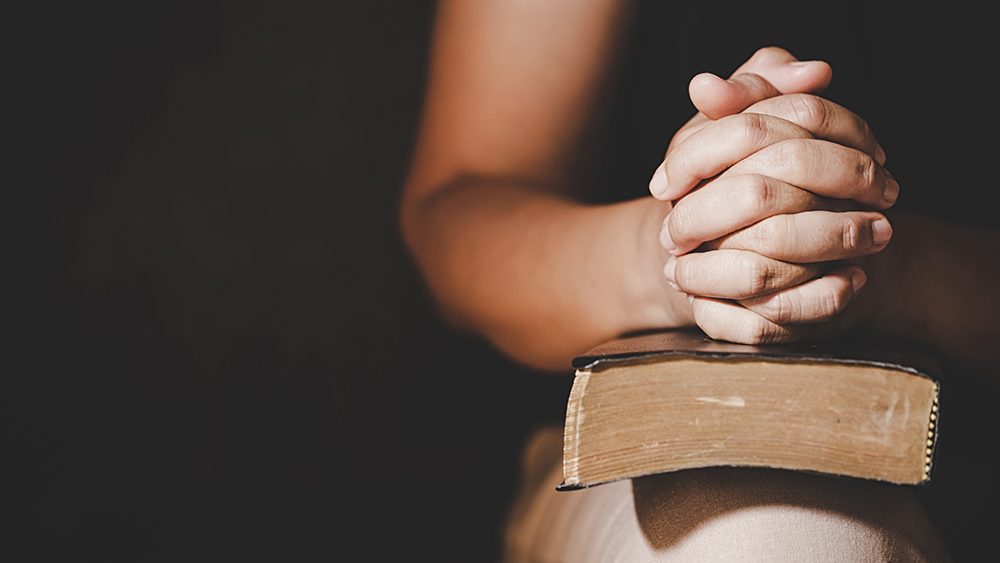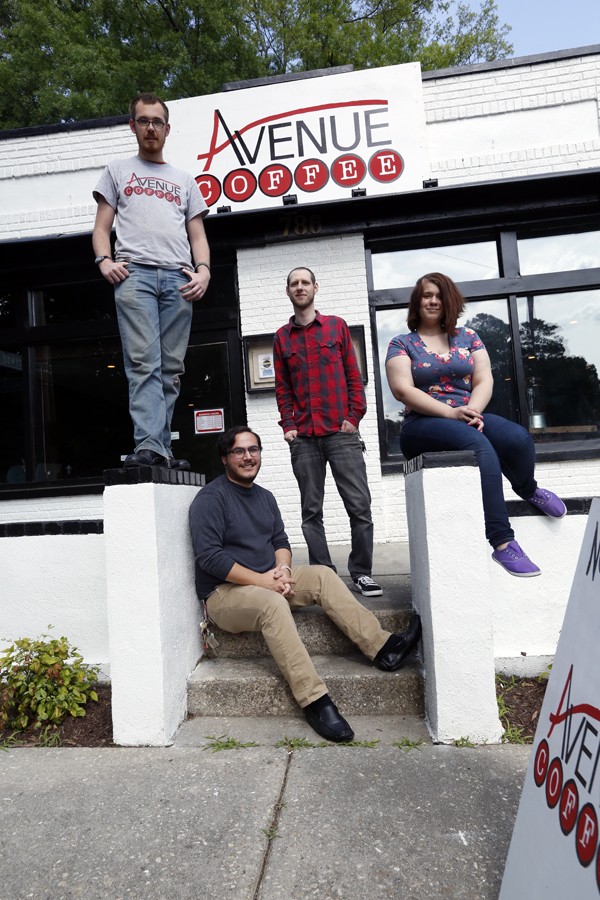As keynote speaker at the Notre Dame Religious Liberty Summit conference in Rome last July, Supreme Court Justice Samuel Alito said that “religious liberty is under attack.”
Speaking at an earlier Notre Dame event, former U.S. Attorney William Barr claimed there is an “assault on religion … not decay. This is organized destruction.” When Barr and Alito — Roman Catholics — say religion, their concern is Christianity. They, along with evangelical ministers, regularly claim that their beliefs are under attack, that our modern society is decadent, and the cause of our moral decay is a decline in religiosity.
Were this claim valid, one would see moral decay paired with increased crime rates. But the data shows something very different. As religious belief has declined, so, too, have crime rates. And Denmark, Sweden, and other Western democracies that are far more secular than the U.S. have much lower crime rates. The correlation may be coincidental, but the statistics imply that crime and religious belief go hand in hand.
Few would think that, but Freakonomics economists Steven Levitt and Stephen Dubner make the compelling case for an indirect relationship. They show that the fall in crime rate is a consequence of Roe v. Wade, which reduced the number of unwanted children who would have been more likely to go astray. Levitt and Dubner’s conclusion is controversial, but if they are correct, future generations will see a rise in crime, due to the Christian crusade, which overturned Roe.
But an even more compelling question is: Who is attacking Christianity? Though neither Barr nor Alito provides an answer, hate-crime statistics offer some insight. Fifty-eight percent of all hate-crime victims were targeted because of racial prejudice, 20.1 percent because of bias against religion, and 16.7 because of discrimination against sexual orientation.
In the religion category, bias against Jews was most significant at 60 percent, followed by anti-Muslim at 13 percent. Christian groups, including Catholic, Protestant, and other Christian branches, comprise 9 percent. So, of all hate crimes in America, crimes against Christians represent less than 2 percent. That is a serious matter, but while Jews are nearly seven times more likely to be the victims of hate crime, it is the Christians who complain. Shakespeare would think, “Christians doth protest too much.”
Yet as Christians portray themselves as victims, they have steadily gained power and influence. Six of the nine presiding Supreme Court justices are Christian. There was also a majority of Christian fundamentalists in the Trump administration. Christians have never been more influential than they were in the Trump administration, just two short years ago. And Christians still dominate the Republican party. Christianity is certainly not in any immediate danger.
On the other hand, the number of people who identify as Christian is declining. Christianity, especially fundamentalism, is threatened, not by a group of elitist liberals or some organized conspiracy. Religion is threatened by progress, the advance of civilization and science, especially the advance of secular humanism. Each generation in the U.S. is less religious than the previous.
From the Revolution onward, personal freedom and human rights have been steadily expanded, ending slavery, securing women’s voting rights, guaranteeing civil rights, permitting interracial and gay marriage, and securing rights for gay and transgender people. Rather than a moral decline, secular humanism has generated a more just society, one that is inclusive, that recognizes that people are simply what nature’s god wants them to be.
Thinking Christians understand that while Christ’s teaching of love thy neighbor is central to a meaningful life, the fundamentalist world views are no longer relevant. People haven’t lost their way; they have found better ways to understand and cope with the complexities of modern society. Reason and fact have proven more effective than myth and mysticism. Prayer may offer hope and comfort, but modern medicine cures.
The success of secular humanism is further reflected in our increased understanding of the physical world and the advanced technology. Whatever one believes God to be, it is certain that humankind has developed, or was given, superior intelligence and the ability to reason, which we appear obligated to use.
Christian fundamentalism may inhibit progress but cannot stop it. Banning books, concealing historical facts that make children uncomfortable, or requiring that creationism be taught along with evolution are wrongheaded and futile. The facts supporting evolution and the facts that led to the Civil War will always exist. Germany sets the right example. There, teaching of the Holocaust is mandatory. Teaching the history of slavery and our treatment of Native Americans should be required here as well. Americans can rightfully be proud of our heritage and aware of our achievements and our failings.
Christianity has impacted our culture in positive ways. Martin Luther King Jr., for example, awakened our collective conscience to the atrocities of Jim Crow. But if Christianity is to be a force for good in modern society, it must reconcile itself with reality and our reasoned understanding of the modern world.
That may be wishful thinking. Today white Christian nationalists would rather fight, openly opposing humanism. Despite having a secular Constitution, they falsely claim that America was founded as a Christian nation. They criticize Jefferson’s ideas of separating church and state, say that our laws should conform to Christian teaching, and work to restrict voting rights and personal freedoms. But then, freedom, equality, and democracy have never been the goals of Christianity.
By opposing secular humanism, Christian fundamentalists oppose the very thing that inspired the founding fathers and the foundation of America. With their confused and mistaken view of American history, white Christian nationalists attack what they claim to be saving. They are on the wrong side of history, and there is no stopping progress.
Bob Topper is a retired engineer and is syndicated by PeaceVoice.

 Justin Fox Burks
Justin Fox Burks